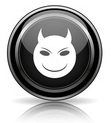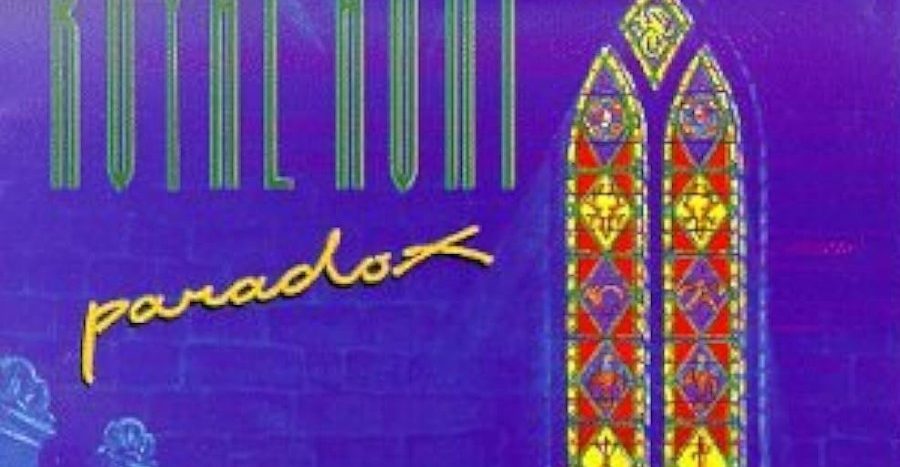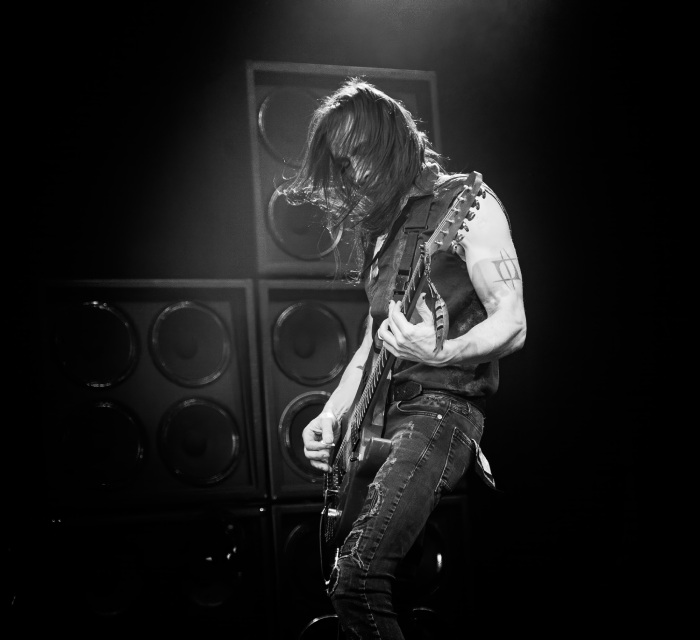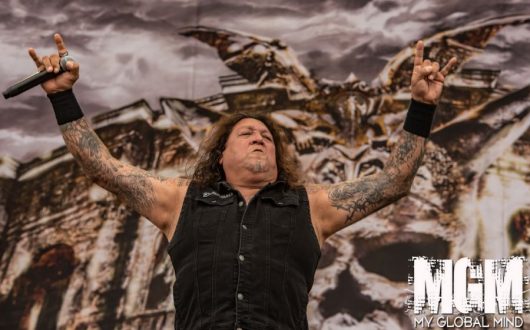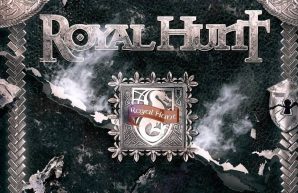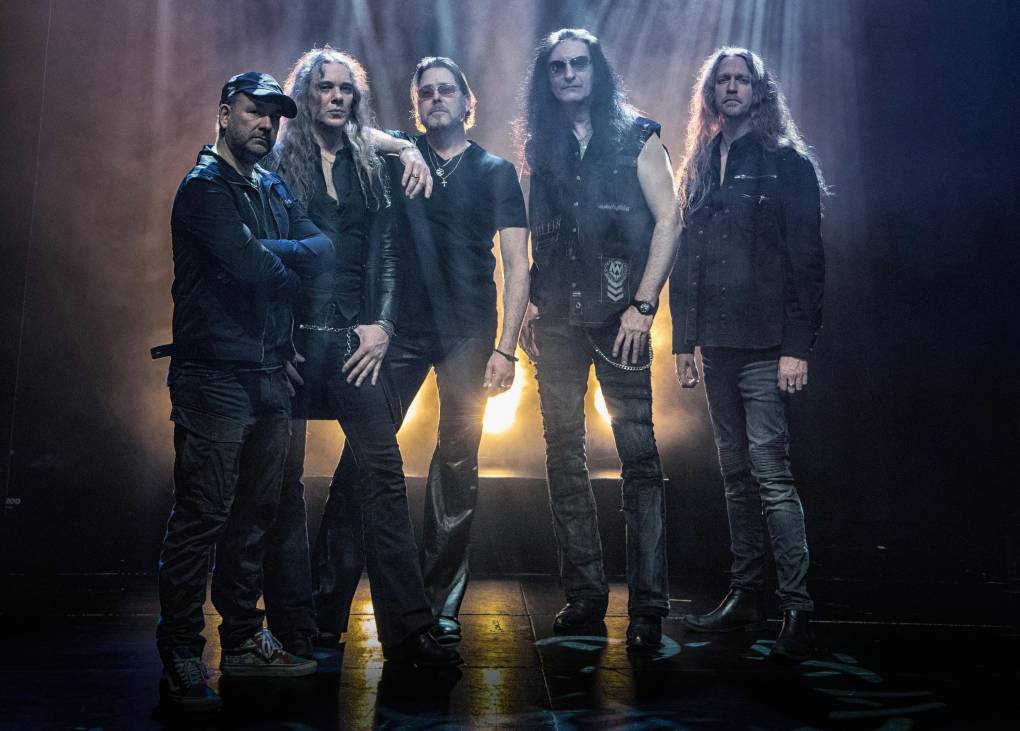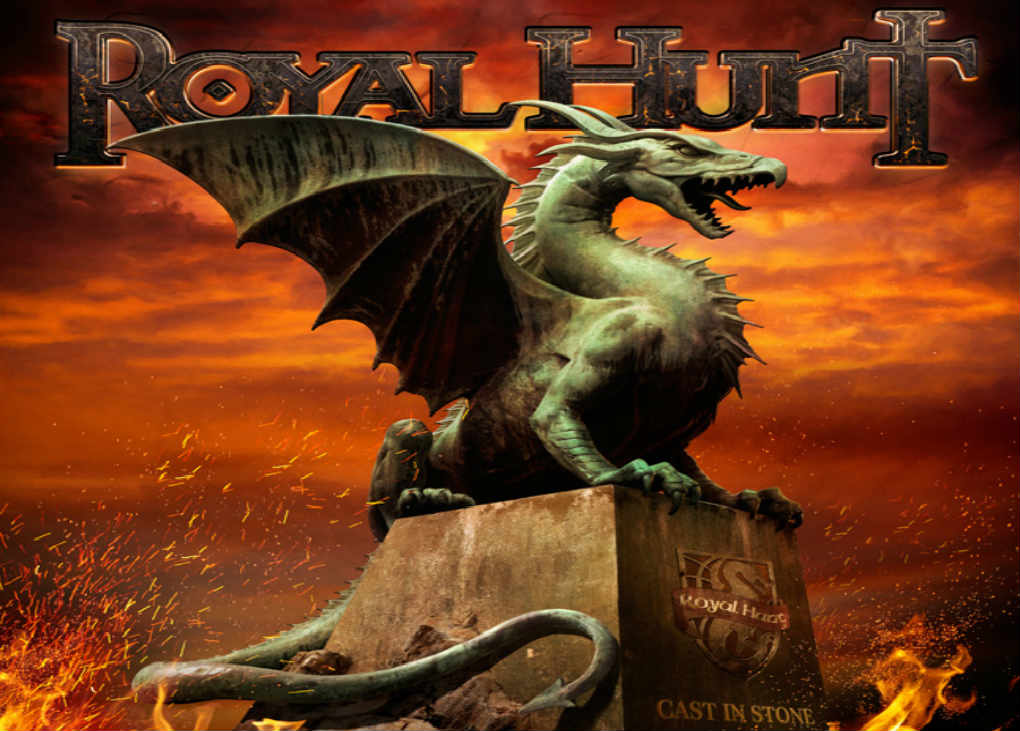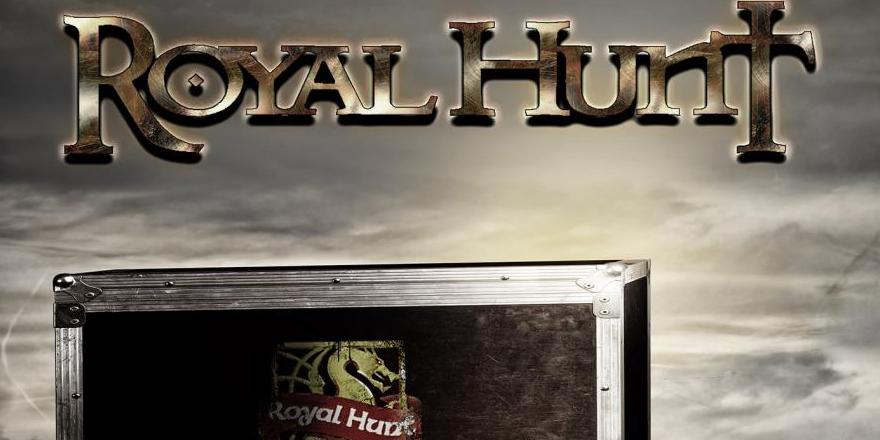Released by: Magna Carta Records
Release Date: September 23rd, 1997
Genre: Progressive Metal
Links: https://royalhunt.com/
Line Up:
D. C. Cooper – vocals
André Andersen – keyboards and guitars
Steen Mogensen – bass guitar
Jacob Kjaer – guitar
Allan Sørensen – drums
With
Maria McTurk – backing vocals
Lise Hansen – backing vocals
Kenny Lubcke – backing vocals
Tracklist:
“The Awakening” – 1:39
“River of Pain” – 7:14
“Tearing Down the World” – 5:32
“Message to God” – 6:41
“Long Way Home” – 5:54
“Time Will Tell” – 9:31
“Silent Scream” – 6:13
“It’s Over” – 6:20
“Martial Arts” (Instrumental)[Bonus Track] – 1:51
“The Final Lullaby” [Bonus Track] – 4:01 (Steen Mogensen)
“Restless” [Bonus Track] – 3:21
Royal Hunt – a name that resonates with grandeur and allure – was a band that I had to grow into. Their album found its way into my collection in the early 2000s when I was in the throes of teenage rebellion, shunning anything that smacked of synthesizers or orchestral arrangements in rock music. Consequently, when I first encountered their creation, Paradox, I swiftly dismissed it as too experimental and lightweight. However, several years later, I stumbled upon it again and, somewhat impulsively, decided to give it another chance. The outcome was nothing short of astounding.
Before delving into my impressions of the album, let me introduce you to the individuals behind Royal Hunt. In the mid-1980s, a young Russian woman married a Danish man, and their union bore a son named Andre. Fast forward a couple of decades, and the once boy had transformed into a towering figure with flowing locks and a classical education. Yet, rather than delving into symphonic exercises, he embarked on his own musical journey, founding the band known as Royal Hunt. To this day, he remains the sole creative force behind their songs and arrangements, a fact that commands respect, given the unmistakable brilliance evident in almost every piece.
Their debut album, Land Of Broken Hearts, lacked the finesse and musical maturity of their later work, resembling a naive emulation of 80s synth-rock. Despite the pleasant timbre of their initial vocalist, Henrik Brockmann, the band struggled to break free from their youthful simplicity. Nevertheless, amidst their first endeavors, glimpses of Andre Andersen’s immeasurable talent surfaced, notably on tracks like Flight and Kingdom Come. With their second album, Clown In The Mirror, their music began to take on more defined contours, incorporating lavish orchestral arrangements, choral interludes, and a rich blend of keyboards, robust guitars, and expert drumming. Songs such as Wasted Time and Epilogue served as stepping stones for their subsequent musical trajectory, culminating in their groundbreaking opus, Moving Target.
With the introduction of the remarkable vocalist, DC Cooper, formerly a firefighter, the band’s sound gained a profound depth. Critically acclaimed yet challenging to categorize, Royal Hunt defied conventional labeling. Although the term “Symphonic metal” had yet to be coined, their innovative sound, predating bands like Nightwish and Kamelot, defied simple genre classifications.
Despite their significant popularity in Japan, Russia, and Spain, Royal Hunt remained a step below the stature of bands like Nightwish. It is an unfortunate reality, for the Danish group’s musical prowess far surpasses that of their Finnish counterparts. Need proof? Look no further than their 1997 album, Paradox.
This album’s fusion of heavy metal and symphonic elements left a lasting impression on me. Paradox, a conceptual masterpiece, delves into the enduring struggle between human brutality, faith, and eternal love. The powerful tracks like River Of Pain and Tearing Down The World exemplify the seamless integration of symphonic arrangements and powerful guitar riffs, defining the genre of Symphonic metal. Cooper’s vocals shine brilliantly, notably in Message To God, where the poignant lyrics question the nature of divinity. Long Way Home, with its haunting melody, serves as the album’s anchor, touching on themes of remorse and finding one’s place in the world. The entire album stands as a testament to the band’s musical prowess and depth, solidifying their place in the rock legacy.
In my interpretation, Time Will Tell and Silent Scream always seem inseparable, like twins. Not because they are similar, but more likely because they both depict the atrocities committed in the name of religion, especially Catholicism. The Crusades, the Inquisition, and the persecution of Protestants led to numerous agonizing deaths. Time Will Tell, a blend of progressive and symphonic metal, constantly shifts its tempo and employs various arrangements, yet retains a captivating melody that surpasses many popular bands. It takes the listener on a musical journey, sometimes racing at full speed, sometimes descending into tranquility and harmony. The song’s concluding segment, combining an outstanding guitar solo, choral harmonies, and magnificent symphonic sound, stands out. Silent Scream, while more straightforward, doesn’t fall short compared to its predecessor. It portrays a person driven to despair by life’s injustices and the blindness of higher powers, with a polished rhythm and an unforgettable melody.
The album concludes with It’s Over, echoing the phrase “The King is dead, all hail the King… again.” It seems to suggest that any religion eventually fades, making way for a new cycle of martyrdom and suffering in the name of faith. It’s Over, the slowest and most dramatic track, invites contemplation while enveloping the listener in a unique blend of tranquility and theatrical grandeur. DC Cooper’s brilliance and Andre Andersen’s mastery shine through, making the musical journey all the more captivating. The album ends with the same guitar melody heard in the beginning, serving as a reminder of the cyclical nature of the narrative. This exceptional album, characterized by choral chants, symphonic arrangements, and a harmonious fusion of classical and rock instruments, offers a profound and meaningful musical experience. While our discussion about the band Royal Hunt will continue later, for now, indulge in Paradox, an exceptional album that sets the standard for contemporary symphonic rock and metal, despite its limited recognition among the general public.
Score: 10/10
Reviewed by: Shadow Editor
Editors Pick 